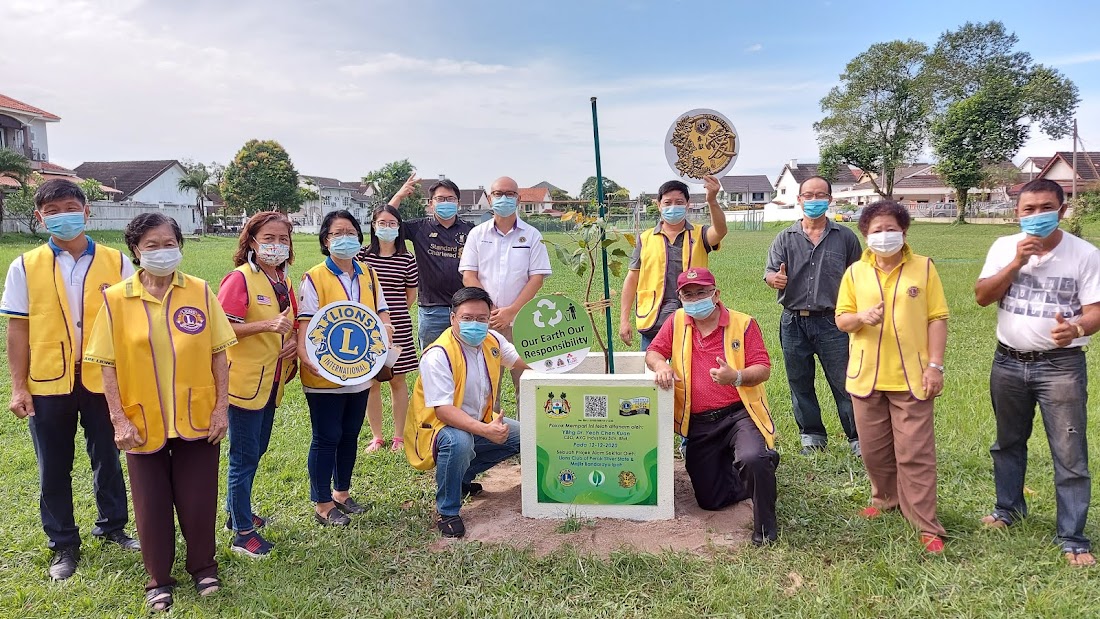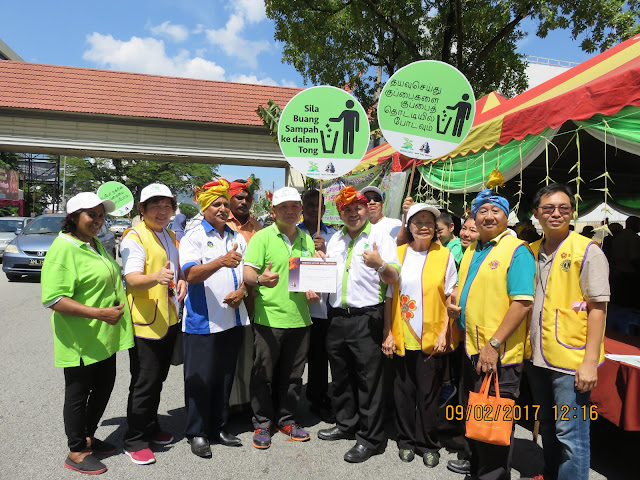In Perak, over 200,000 tonnes of garbage are generated by households and 30 per cent, or about 65,000 tonnes, is made up of plastics. — Istock.com pic via AFP
IPOH, July 4 — Environmental groups in Perak want the state government to revive a proposed ban on plastic bags and polystyrene food containers and this time, make sure it is carried out.
The groups say it is time for the new Pakatan Harapan (PH) government to cut down on the use of plastic in the state after a similar plan by its predecessors was not fully implemented.
The present government, they stressed, must not drag its feet about the proposal and other policies to save the environment.
Ipoh City Watch president Dr Richard Ng said many concerned citizens want the Perak government to emulate the ban in Penang, Selangor, Melaka, Johor and other states on the use of plastic and polystyrene containers.
“Many customers end up using plastic bags to place their garbage before they are dumped illegally or sent to landfills where they will take hundreds of years to decompose,” Ng said.
“There are currently over 2,000 illegal dumpsites in Perak where over 30 per cent are plastics.”
In Perak, over 200,000 tonnes of garbage are generated by households and 30 per cent, or about 65,000 tonnes, is made up of plastics.
Ng said there were many options open to the authorities, but noted a strong political will was needed from the outset.
He said traders should be forced to use recyclable plastic containers, while plastic straws and disposal plastic plates, forks and spoons must be banned.
“The enforcement can be carried out by business licensing authorities like local councils. Traders who ignore this ruling can have their business licence revoked.
“Plastic manufacturers have been warned long ago to change their business so as to adhere to the new sustainable environment requirements.
“There should be no excuse that their business is badly affected by the ruling as there are many industries that have closed down due to destructive technology as well as changes in demography and market demands.”
He suggested that ‘no plastic days’ could be enforced on weekends, where the charges on consumers who insist on using plastic bags could fund non-governmental organisations who educate the public on environmental initiatives.
In 2016, the previous BN administration took a bold step by announcing the first phase of a state-wide ban on plastic bags and polystyrene containers.
At the time, it said the move would be implemented in stages — from state government offices in June 2016 to a full public enforcement a year later.
However, the state temporarily called off the ban, saying it would be rescheduled after further studies were carried out.
Sahabat Alam Malaysia field officer Meor Razak Meor Abdul Rahman said such extended studies were unnecessary, given the breadth of sources at the government’s disposal.
“There’s no need for studies to last years at a time, especially when you have multiple agencies. What is needed is a proper mechanism and commitment from the state,” he said.
Meor Razak said the state must make the plastic ban feasible for the public and plastic manufacturing industry.
“They could offer tax exemption or incentives to businesses that support the ban. You can’t expect businesses to change by themselves without support.”
“We have written to the state government about the necessity to bring in this ban. But we haven’t heard anything back yet. It seems like the environment is not a priority at the moment,”
Perak Association for the Protection of Natural Heritage of Malaysia (PEKA) chairperson Sajeeda Muhamad agreed that nothing can be done without political will from the new administration.
“The new government must do something. If other states like Penang can carry out bans, why can’t Perak?
“They can start with Ipoh first, and then gradually expand it throughout the state. But our leaders must take the lead and show a good example.
“Individually, it can be as simple as bringing their own containers... maybe stop buying plastic mineral bottles.”













